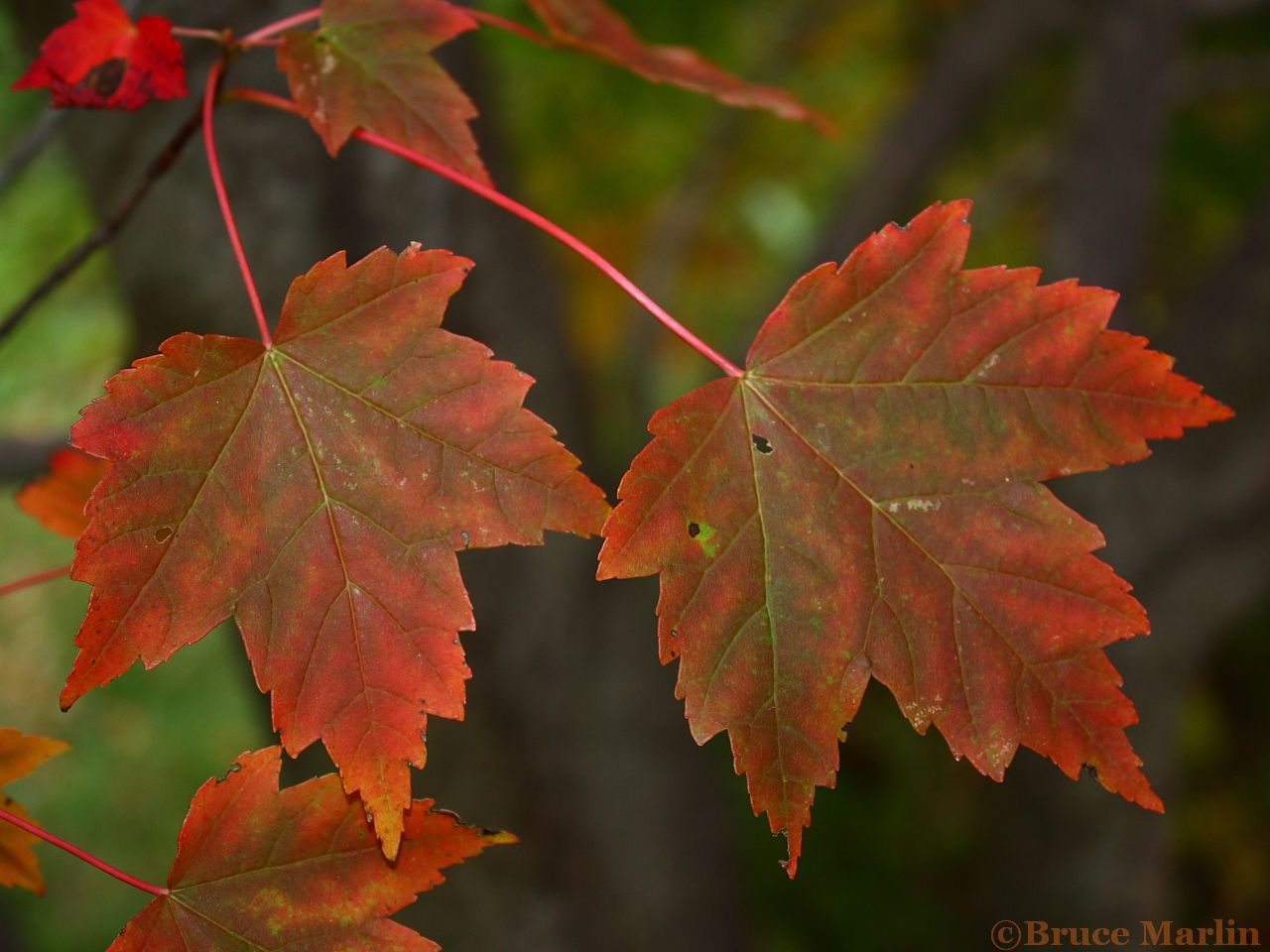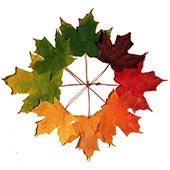Japanese Maple – Acer palmatum
Family Aceraceae. Well-known for its compact shape and scarlet fall color, the slow-growing Japanese maple is at home in partial shade.
Ranging from Japan to China, Korea, and Taiwan, this relatively compact maple grows well as an understory plant, requiring less sun than comparable varieties. Easily trained as a multi-trunked specimen, Japanese maple is often used in Bonsai. USDA Hardiness Zone: 5 – 9 [3].
This 30-year-old lovely Japanese maple is resident in the Woody Plants of Japan section at the Morton Arboretum. Grown from seed from Washington Park Arboretum University of Washington, Seattle, Washington [3].
The Royal Horticultural Society advises Japanese maples will grow well in just about any soil except very wet or dry or alkaline. Slightly acidic, sandy, well-drained loam being ideal. Since there are very many varieties, research your particular cultivar before deciding on position; many require shelter from afternoon sun. They all need at least some sun to develop the brilliant scarlet foliage in autumn. It seems to thrive best in dappled shade. This tree does not like to be crowded and is eminently suitable for growing in containers [2].
References
1. Japanese Maple, Acer palmatum, Morton Arboretum 644-81-1, photos by Bruce Marlin
2. Royal Horticultural Society, ‘Japanese Maple‘
3. Morton Arboretum, searchMOR database, Acer palmatum
Family Aceraceae – Maples
Trees Index | Pine Family | Beech, Oak | Nut Trees | Birch Family | Magnolias | Rose Family
Tree Encyclopedia / North American Insects & Spiders is dedicated to providing family-friendly educational
resources for our friends around the world through large images and macro photographs of flora and fauna.


